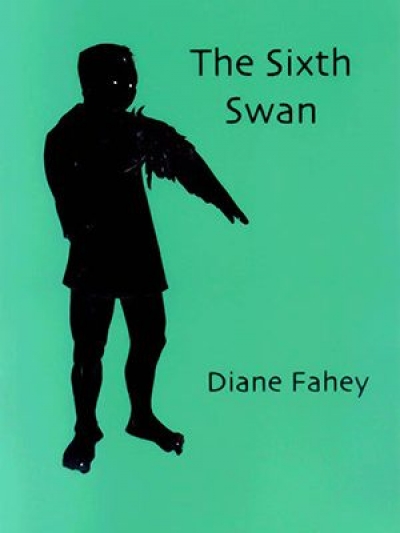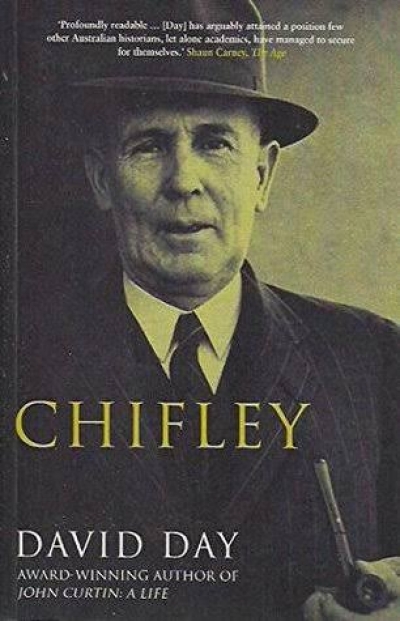Accessibility Tools
- Content scaling 100%
- Font size 100%
- Line height 100%
- Letter spacing 100%
Archive
The ABR Podcast
Released every Thursday, the ABR podcast features our finest reviews, poetry, fiction, interviews, and commentary.
Subscribe via iTunes, Stitcher, Google, or Spotify, or search for ‘The ABR Podcast’ on your favourite podcast app.
‘Where is Nancy?’ Paradoxes in the pursuit of freedom
by Marilyn Lake
This week on The ABR Podcast, Marilyn Lake reviews The Art of Power: My story as America’s first woman Speaker of the House by Nancy Pelosi. The Art of Power, explains Lake, tells how Pelosi, ‘a mother of five and a housewife from California’, became the first woman Speaker of the United States House of Representatives. Marilyn Lake is a Professorial Fellow at the University of Melbourne. Listen to Marilyn Lake’s ‘Where is Nancy?’ Paradoxes in the pursuit of freedom’, published in the November issue of ABR.
Recent episodes:
It may seem somewhat odd that I, a racketeer and gangster, was suspected of making Cuba a safe place for the National Bank. But having made such an impression with my reports, prophecies and ancillary publications that the Federal Government, aided by a sycophantic mass, had declared me likely to generate flippers, I can see why I might have been a plausible suspect – the crime, after all, was committed by sea. The accusation, when it came, nonetheless caught me by surprise; I wasn’t quite certain at first how I should respond. After a while, I rang the bureau.
... (read more)So, little Ashenputtel & her groom
sit up in their palace,
growing fat
and ruling badly. Not exactly
role models for a new generation.
I mean, sure –
she had it rough
(her father made us realise early
how useful it would be to keep her
down)
ABR welcomes concise and pertinent letters. Correspondents should note that letters may be edited. They must reach us by the middle of the current month. Emailed letters must include a telephone number for verification.
Responses to Peter Craven
Dear Editor,
I expected a spray from Peter Craven in response to my review of The Best Australian Stories 2001, but such a display of self-importance from an editor and critic is alarming (‘Letters’, ABR, March 2002). I had imagined he would be willing to reflect on the poor reviews he received for the latest volumes of Best Essays and Best Stories and to consider the possibility that plumping up the books with samples of writing not yet ready for publication is not working.
... (read more)Occasionally, we bring you thematic issues. The April issue is a good example, the first half being devoted to art and art history. This seemed timely, because of the abundance of major publishing in this area and the energy and controversy generated by current debates about the genre.
... (read more)ABR welcomes concise and pertinent letters. Correspondents should note that letters may be edited. They must reach us by the 15th of the current month. Emailed letters must include a telephone number for verification.
Peter Craven responds to Hilary McPhee
Dear Editor,
As someone whose business it is to dish out criticism of books when required, I am not in the habit of replying to criticism. Recently, a journalist has suggested that I be put out to pasture as the editor of The Best Australian Essays annual I brought into being, and an academic has disputed my right to introduce the Quarterly Essays I commission. These are not, to my mind, happy or wise suggestions, but one can’t complain – they come with the territory. I edit the major collections of fiction and non-fiction that appear in this country. I also edit a series of more or less political pamphlets that have received their fair share of attention. On top of that, I have published a great deal of literary criticism in the press over the last however many years, some of it, by necessity, scathing. I am bound to have displeased and wearied all sorts of splendid people over that time.
... (read more)Welcome to our final issue for 2001! Our summer issue – arrestingly illustrated on the cover – is a double one, and longer than previous ones this year. Funds permitting, we hope to be able to publish more eighty-page issues in 2002, especially in the second half of the year, when so many Australian books, both general and scholarly, are published. This expansion allows us to add new features: ‘Best Books of the Year’ column (children’s as well as adult books); short fiction; and a ‘Summer Reading’ column, containing brief reviews of worthy titles for which we haven’t been able to find the wonted page or two. Columns such as ‘Best Books of the Year’, in which various critics nominate two favourite books of the year and one ‘surprise’, are certainly not intended to be the last word on the subject. Such columns are inevitably subjective. But it is interesting to hear from some of our regular critics and contributors about their assessment of quality publications here and overseas. If it points some readers to fine books they may have overlooked, I think it is worthwhile.
... (read more)



